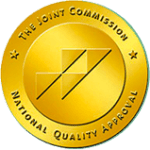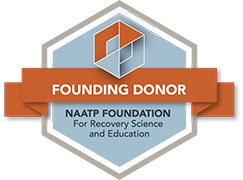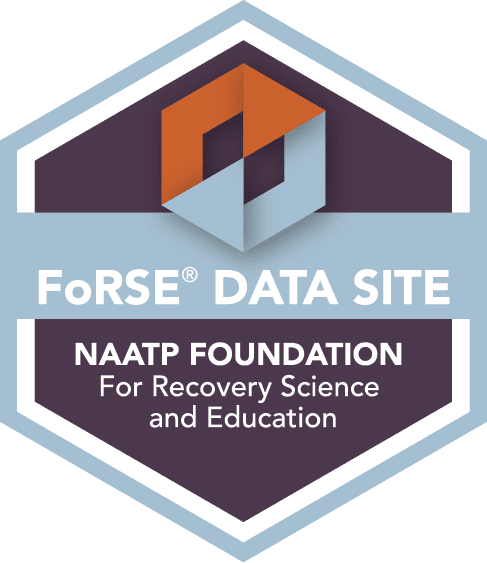Addiction Treatment Center in Kent, CT Successfully Bucks Treatment Trend
In a treatment world long-dominated by medication assisted treatment, High Watch Recovery Center in Kent, CT has bucked that trend and focuses its treatment on the Twelve Steps of Alcoholics Anonymous.
There is finally a broad consensus that the opioid crisis has reached epidemic proportions. Lawmakers are responding with myriad proposals to stem the tsunami of tragedy and rising costs that is inundating communities of every socio-economic stripe across the country. While this surge in awareness and commitment to roll back the tide is positive, the actions taken must be carefully considered to insure that the solutions proposed maximize the value of all available tools and do not unwittingly add to the problem.
High Watch Recovery Center in Kent, CT is the world’s first treatment center founded on the teachings of the Twelve Steps of Alcoholics Anonymous. High Watch centers its entire approach to recovery around giving its guests the tools they need to continue a drug- and alcohol-free life of sobriety long after they leave. Clinicians and physicians at High Watch have relied on these psycho-social and, for some, spiritual tools for decades and have married them with modern science.

High Watch’s CEO points out that there is much money at stake for prescribers and pharmaceutical manufacturers. “It must be recognized that there are a range of special interests with strong economic motives that may ultimately impede long-term addiction recovery,” he says. “Unfortunately, the loudest voices may not always be the wisest.” He believes that in a political sphere strongly influenced by corporations with big platforms and deep pockets, much of the addiction recovery debate has lately been driven by the pharmaceutical industry’s agenda. Not surprisingly, drug companies advocate the use of drugs (albeit different ones) as the antidote to an increasingly complicated drug problem. Regrettably, he believes, this is neither a quick fix nor a long term solution.
“This is not to say that ‘medication assisted treatment’ doesn’t have its place in the treatment arsenal,” he affirms. For example, the availability of Naloxone for reversing overdoses has become a life saver for thousands of addicts who would have died without its timely administration. “The problems with drug-based strategies arise when the short term benefits of stabilization are exaggerated and the deficiencies caused by substituting one long term chemical dependence with another chemical dependence are ignored.”
According to the CEO, instead of halting the chronic disease of opioid addiction, most opioid-based medical treatments (methadone, Suboxone, etc.) simply mask and prolong one form of opioid dependence with another. “The ultimate role of recovery should be to provide addicts with the psycho-social and, for many, spiritual tools they need to affect necessary behavioral
changes based on sustainable life skills and viable coping strategies. That’s what we do at High Watch.”
The CEO argues that manufacturers and healthcare providers who dismiss or disparage the use of such tools are self-interested and disingenuous. He believes they obscure abundant evidence that long-term recovery generally requires an integrated approach utilizing therapy, support groups and reliance on spiritual principles that foster the profound behavioral shifts required for most people to replace active addiction with a better way of living.
In short, pharmaceutical companies and the provider/prescribers cannot be the only parties contributing to the legislative debate. Lawmakers tasked with addressing the urgent problem of opioid addiction need to be aware of the relative strengths and serious weaknesses of an over-reliance on the use of medications to treat addiction. Further, lawmakers should be helped to understand the other critical therapeutic and spiritual components that make up viable long term treatment approaches that are more effective and less costly over both the short and the longer term.
The urgent challenge is to strike the right balance between the three components of effective opioid addiction treatment: medication, therapy and ongoing social/spiritual support. An over reliance on medications leaves addicts prone to relapse with a decreased chance of acquiring the life skills and coping tools they need to live happy, productive lives.
According to the CEO, the harsh reality is that you can’t cure medication dependence with medication dependence. “Successful recovery requires a toolset for life and at High Watch that is what we provide.”








